For several years, the cat-and-mouse game between Iranian and Israeli intelligence has been not just one of the most gripping events in the news but one of the most compelling spectacles on television.
The Israeli show Tehran, which Apple TV+ bankrolls and airs globally, has earned accolades over its first two seasons for the tense, authentic way it depicts Mossad agents inside Iran seeking to undermine the regime.
But a strange silence has fallen over the drama since Iran attacked Israel via its Hamas proxy on Oct. 7 2023, kicking off Israel’s War in Gaza and, eventually, in Lebanon and Iran. Though Tehran’s third season was finished by mid-2023, Apple indefinitely postponed its debut several times in the wake of the attack, including from a planned April 2024 date, and the show hasn’t been heard from anywhere outside of Israel since. (The streamer gave the greenlight to the producer, Israeli public broadcaster Kan, to air the season locally in the country beginning this past December.)
That silence may soon be broken. A source familiar with the company’s plans tells The Hollywood Reporter the third season of Tehran could be made available in the U.S. and elsewhere around the world in the coming months, as the War in Gaza potentially slows.
If it happened, it would be a very belated arrival for fans, coming more than 3 ½ years after the season was shot, but a welcome arrival nonetheless.
Meanwhile the show’s fourth season is still on track to shoot in the fall, the source says. Director Daniel Syrkin has said that he recently was scouting locations in Athens, where previous seasons were shot. Much of the show’s fourth season has had to be rewritten post-Oct 7, as the state of Iran’s security forces along with Israel’s internal mindset has changed and then changed again.
An Apple spokeswoman did not immediately reply to a request for comment.
The uncertain state of Tehran highlights the trickiness of distributing a TV show ripped from geopolitical headlines — particularly when that distributor has a much larger business around the world than just airing television shows.
Focusing on a Mossad agent named Tamar (Niv Sultan) who has infiltrated Iran and the Javert-like cloak-and-dagger she has with IRGC commander Faraz (Shaun Toub), Tehran has won plaudits for its blend of thrills and consequences. In its review, THR called its 2020 debut season “immersive,” “exciting” and “teeming with humanity.” The season won best drama at the International Emmy Awards. The second season, which debuted in 2022, starred Glenn Close as a wily longtime Mossad asset named Marjan working inside the Iranian capital.
Tehran has sometimes not just reverberated through the news but anticipated it. The first season saw Israeli warplanes aiming to strike a nuclear plant in Iran (the finale episode was titled “Five Hours Until the Bombing Run”). A key plot point in the second season involved the attempted assassination of a leading Iranian military figure via remotely-detonated mobile phone, two years ahead of when Israel did exactly that to Iran-backed operatives who were part of Hezbollah last fall.
The show has also reflected the deep embedding of Mossad assets within the IRGC, a reality on display with Israel’s many targeted assassinations of Iranian military leaders during the Israel-Iran war last month.
The third season continues the art-imitating-life trend. Iran’s nuclear program is the centerpiece of the season, with Hugh Laurie joining the cast as a South African inspector.
According to a viewer in Israel who has seen the new episodes, the season “like the previous two is sympathetic to the Israeli characters but also shows the Mossad’s dark side.” (The THR review of the first reason noted that the show is “as much about the human cost of espionage as it is about the thrills of infiltration.”)
The storylines during the third season often focus on the dance between the Iranian nuclear program overseers and international inspectors, the person says, and also highlight a program buried deep underground. The subject is of particular relevance given the recent U.S. bombing of the Fordow mountainside site as well as Israel’s attack of the Natanz facility. The viewer says events in the season run parallel to the news without contradicting it.
While a few outlying voices have called Tehran Israeli propaganda, most critics have seen the show as depicting messiness on both side of the Israel-Iran conflict.
But Apple is strongly invested in the Middle East, growing its iPhone 16 sales in the region by 10 percent in the first quarter of the year and also proudly announcing it has invested more than $1 billion in the UAE, among other countries — making it potentially much more cautious on material like Tehran that could be deemed sensitive in the region.
This wouldn’t be the first time entertainment personalities working with Apple were seemingly caught in the middle of the company’s larger business decisions. According to its host, The Problem with Jon Stewart was canceled by Apple after he declined to curtail his reporting on China or AI, both areas in which Apple has skin in the game.
Apple’s position on Tehran stands in contrast to Netflix’s, which has leaned in to the ways its own Israeli-intelligence show, Fauda, plays off the news. A renewal message from Fauda socials in March blared out, “this is not a drill, we repeat THIS IS NOT A DRILL” as producers announced a start of production on Season 5. Of course, Netflix isn’t trying to move cell-phone product in the same way.
Apple has been more willing to take on familiar targets closer to home. Among its leading Emmy contenders this season are Slow Horses, about forgotten intelligence agents in England, and The Studio, about a lack of intelligence in Hollywood.

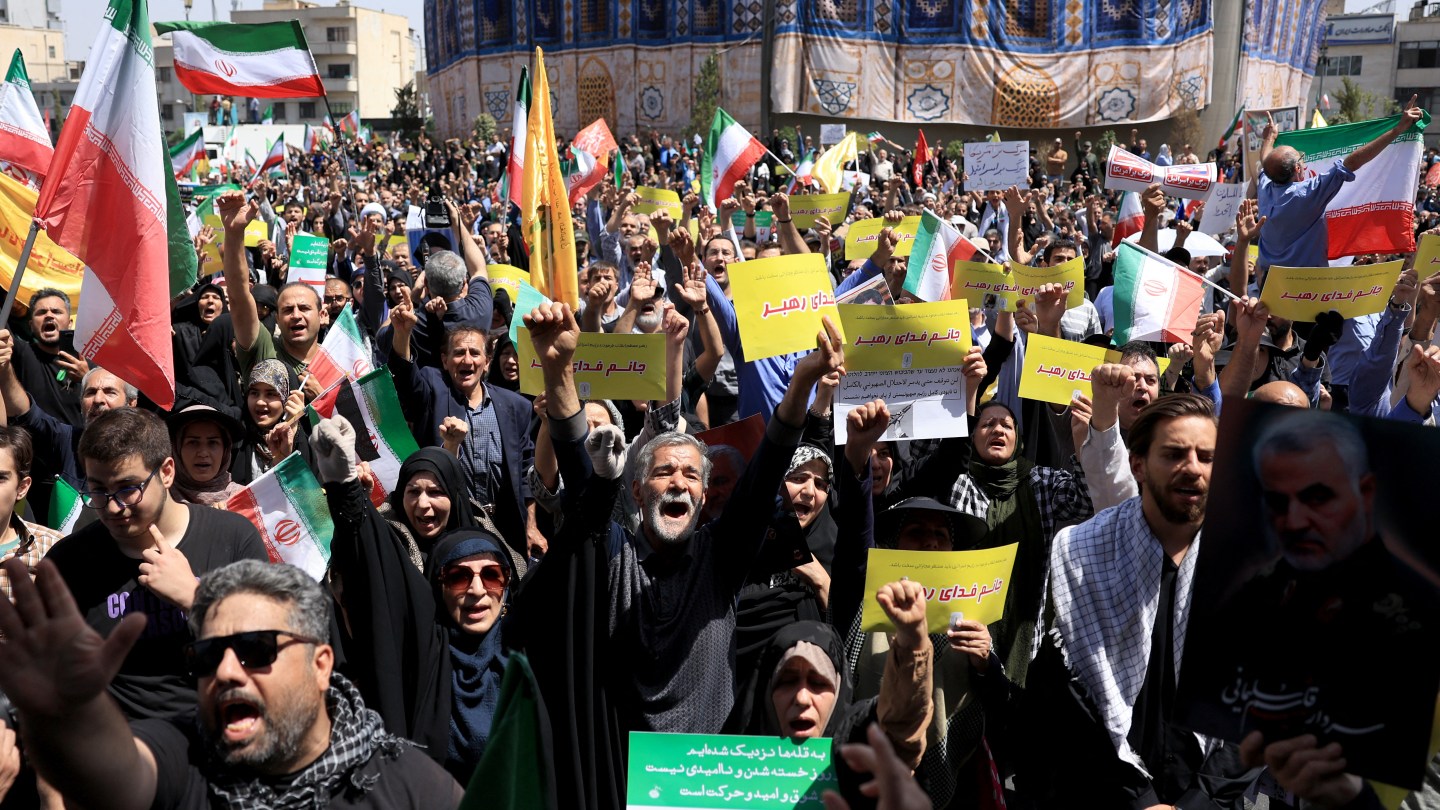

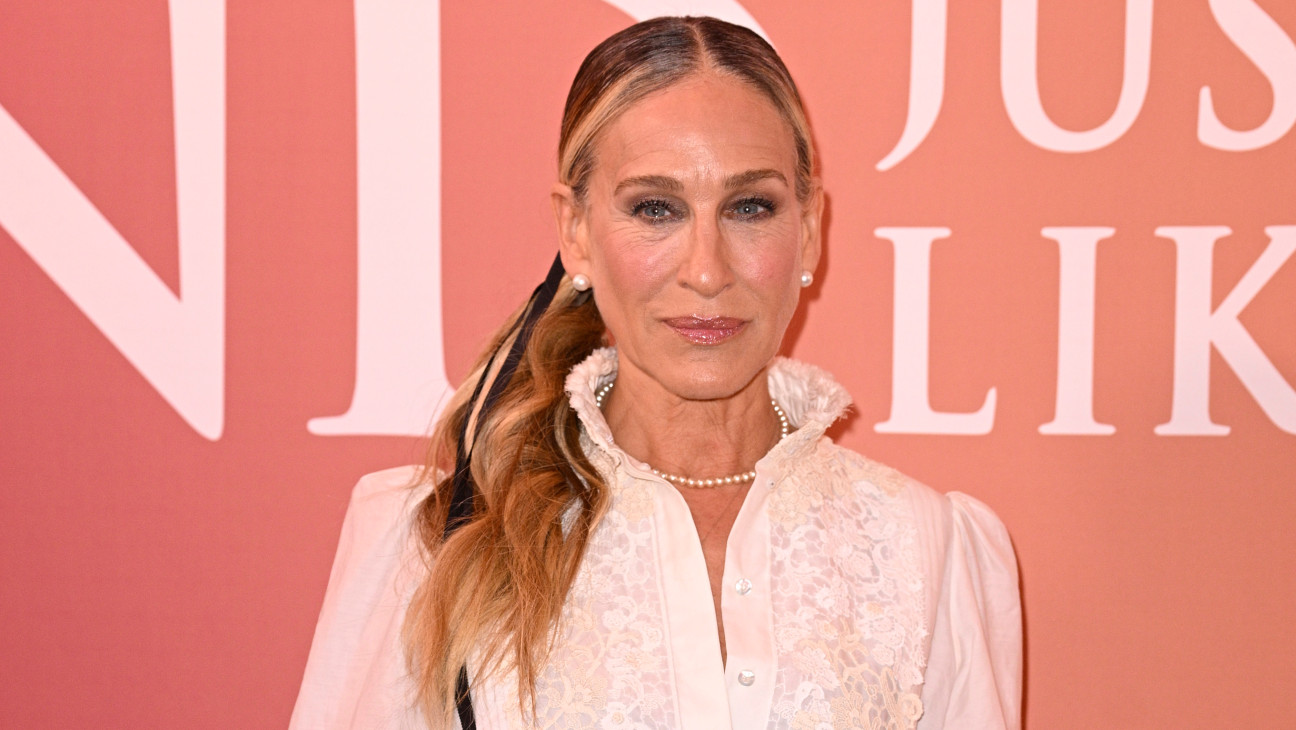
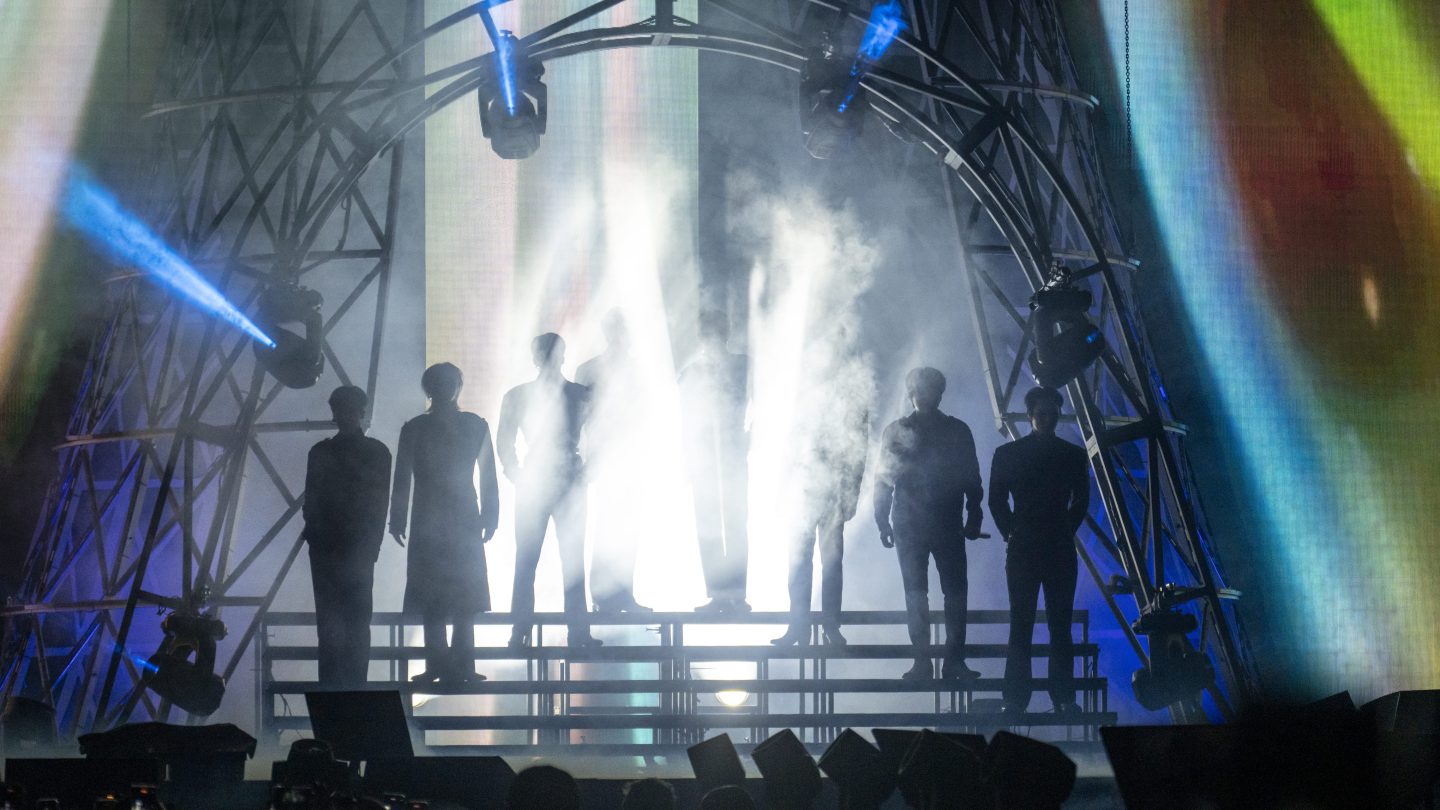

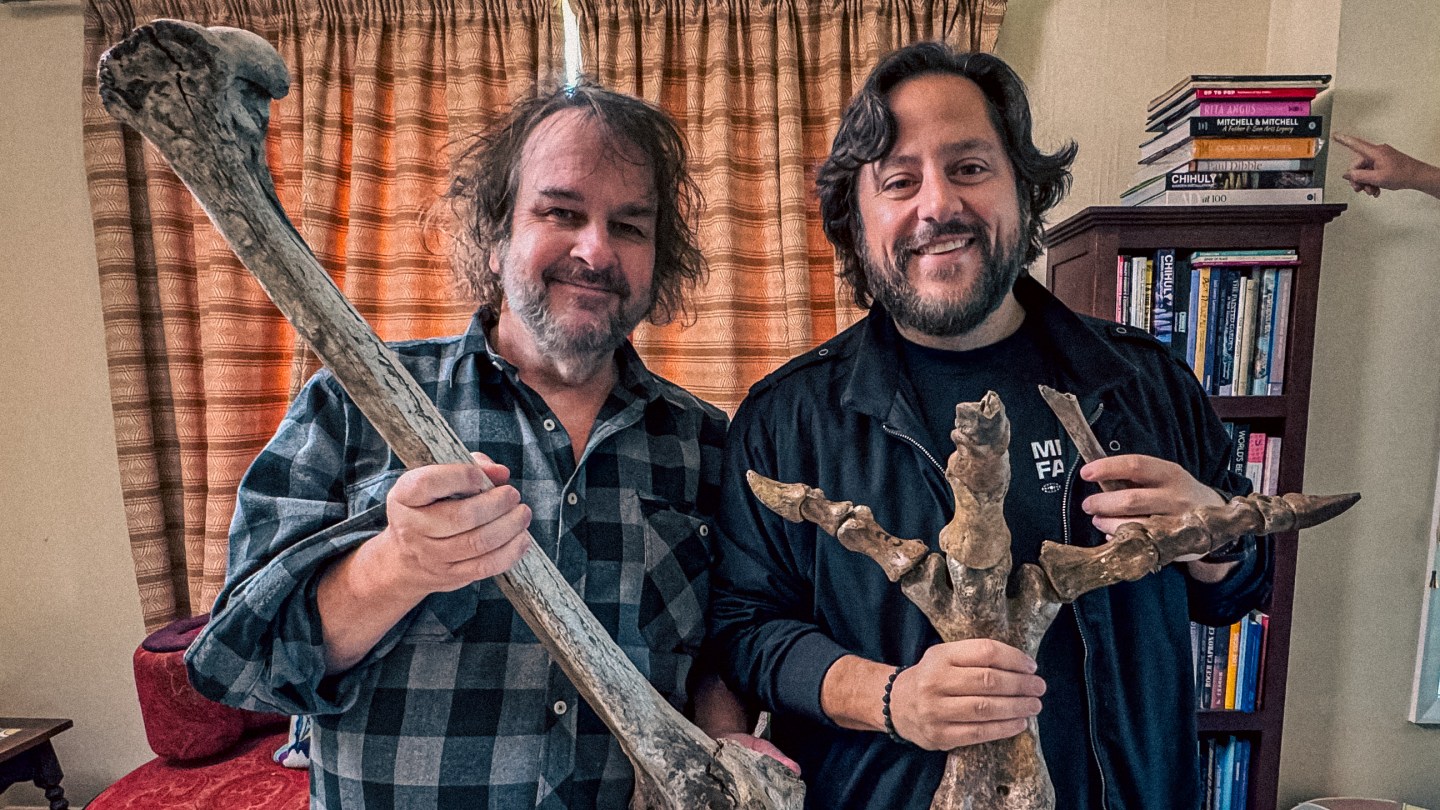
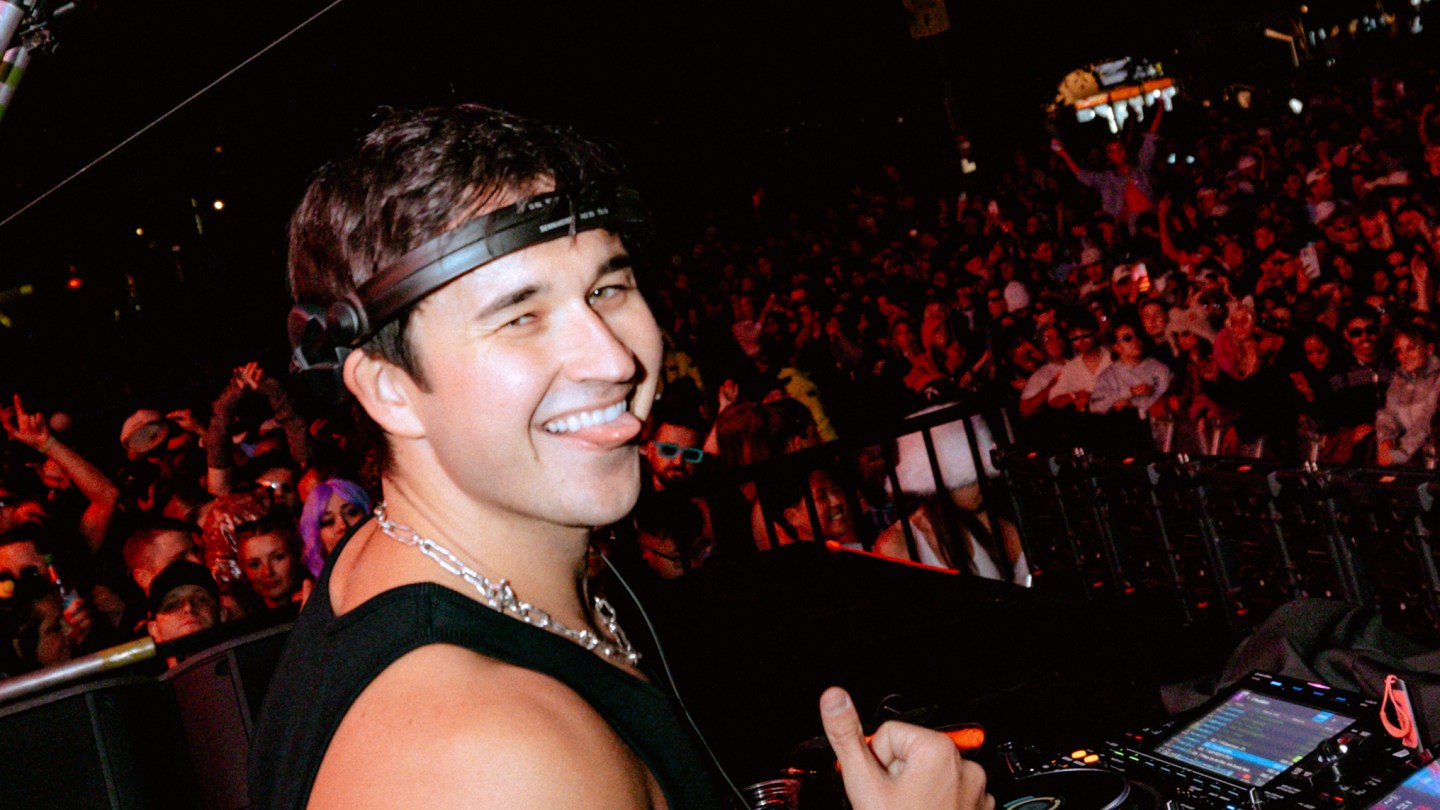

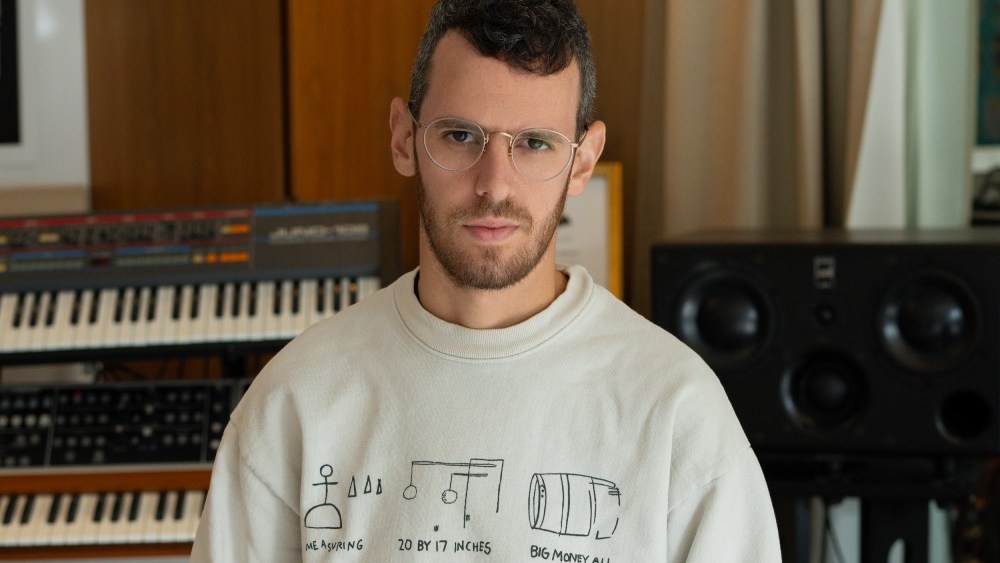
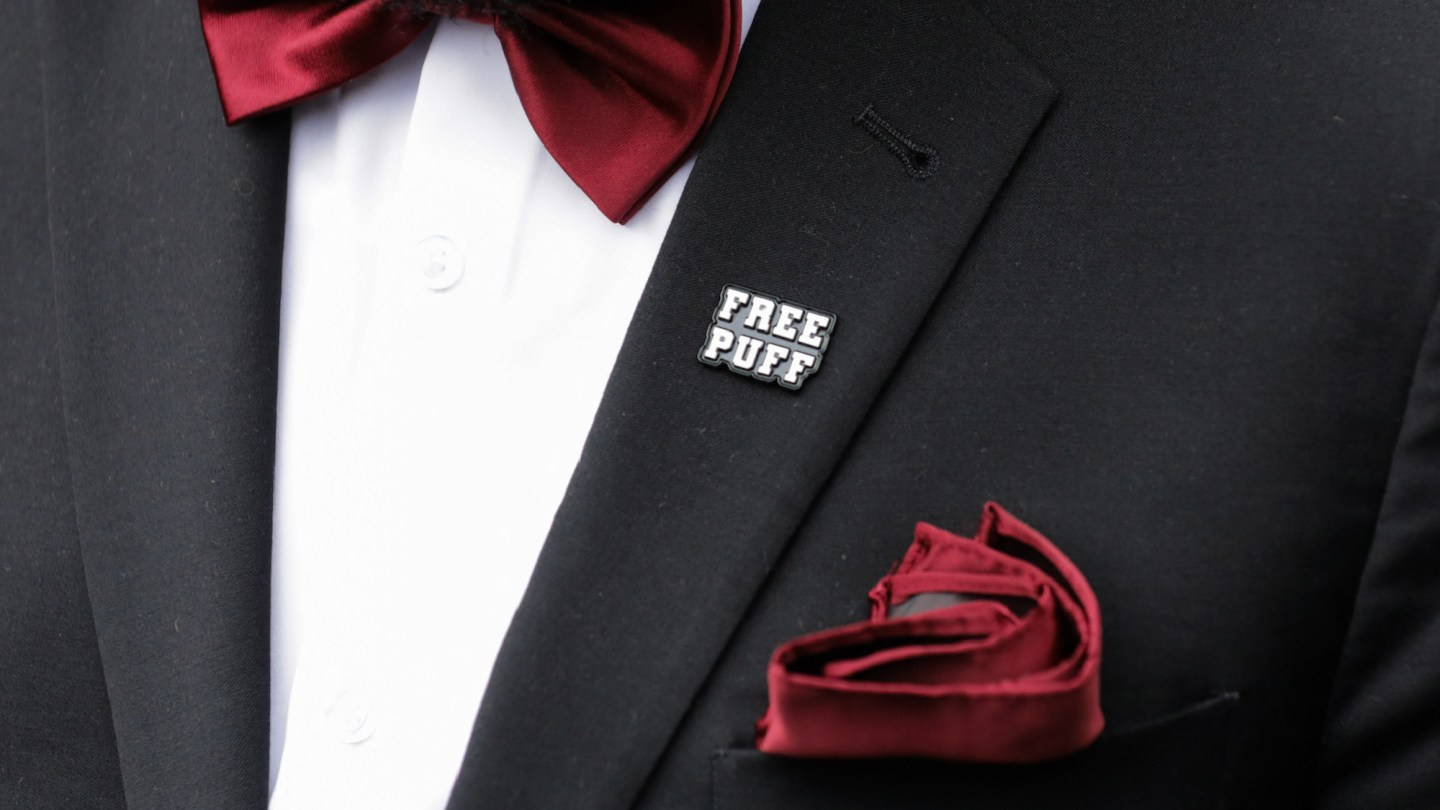




Leave a Reply